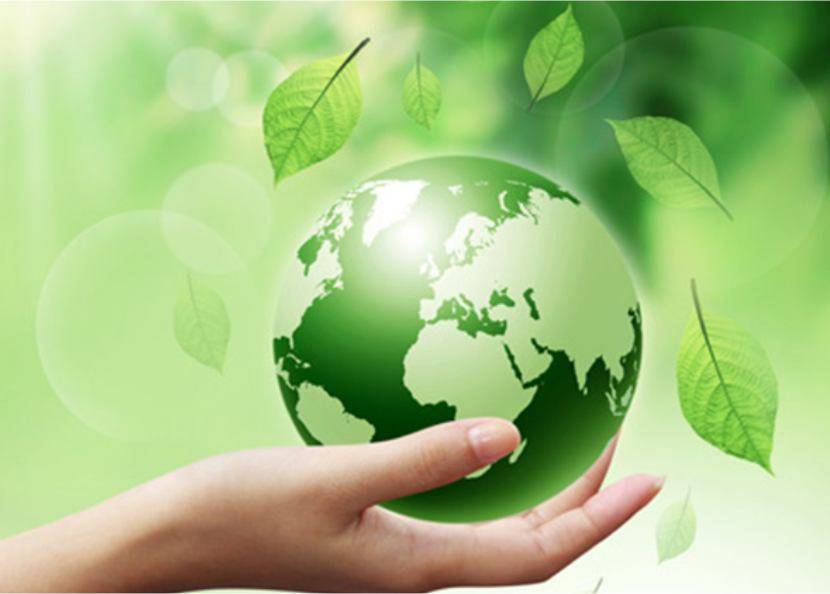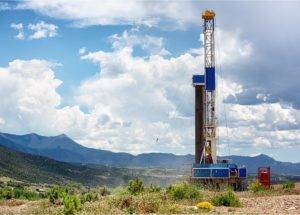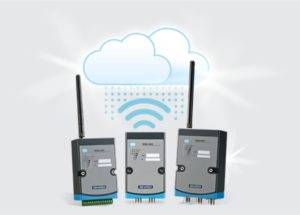Role of Sensors in the Environment

Role of Sensors in the Environment: In this era, it is extremely important to detect the quality of the environment so that the world can combat the worldwide pollution as well as global warming. Sensors are primarily used for the purpose of assessing the quality and condition of the environment, and on the basis of these statistics, the conclusion is being drawn which helps to initiate future measures.
What is the role of the sensors in the environment?
The remote-sensing data which can be obtained from the sensors provide clarity on important information as they provide data on the basis of radiometry, pixels, bandwidths, and much more. According to resources, the area of coverage can be increased if a large number of sensors are used but it needs to be ensured that all the data which are obtained are properly analyzed so that it provides a synchronized output. Sensors are primarily used in the following aspects:
- Air-quality Monitoring:
This process includes evaluation of the quality of the air with respect to the concentration of the pollutants which are prevalent in the air. This measurement is directly related to the conclusion whether human beings sustaining in that area are safe or not in terms of the air pollution. Usually, the role of the sensors is quite prevalent as technical monitors are used to measure the quality of the air and the data which is obtained through an anemometer is extremely important as it helps determine the source from which the pollutants were actually generated. The air quality monitoring is also responsible for detecting a certain chemical fingerprint from the concentrations of the sources which causes air pollution.
- Soil Monitoring:
The importance of soil should not be overlooked as it is one of the most important natural resources. One should be well-aware of the fact that due to the several innovations, the soil faces repercussions as well. These adverse effects can lead to a prolonged mishap in irrigation, agriculture and other corollaries which are directly associated with soil. Sensors are abundantly used in soil monitoring these days, unlike the previous studies which included only a random collection of the sample. Nowadays, it is ensured that the probe is in proper contact with the soil when the sample is being considered, after that, the probe provides electrical signals to the soil and the reactions of the soil are recorded by the technical instruments, which record the same for further research.
- Water-quality Monitoring:
In this case, specialized sensors are implemented to assess the quality of water. Usually, these sensors are multiple in number and they are responsible for measuring important factors such as pH, salinity, dissolved oxygen, turbidity, temperature, and much more. The analysis which is obtained through these sensors helps decide whether the water is suitable for the implementation or it requires treatment.
The sensors play a vital role in monitoring the condition of the environment. Through the help of these technicalities, scientists are able to put firm steps towards conserving the environment by fighting against the odd factors of it. These sensors are evolving each day in disruptive manner and their uses are unlimited in every aspect.














